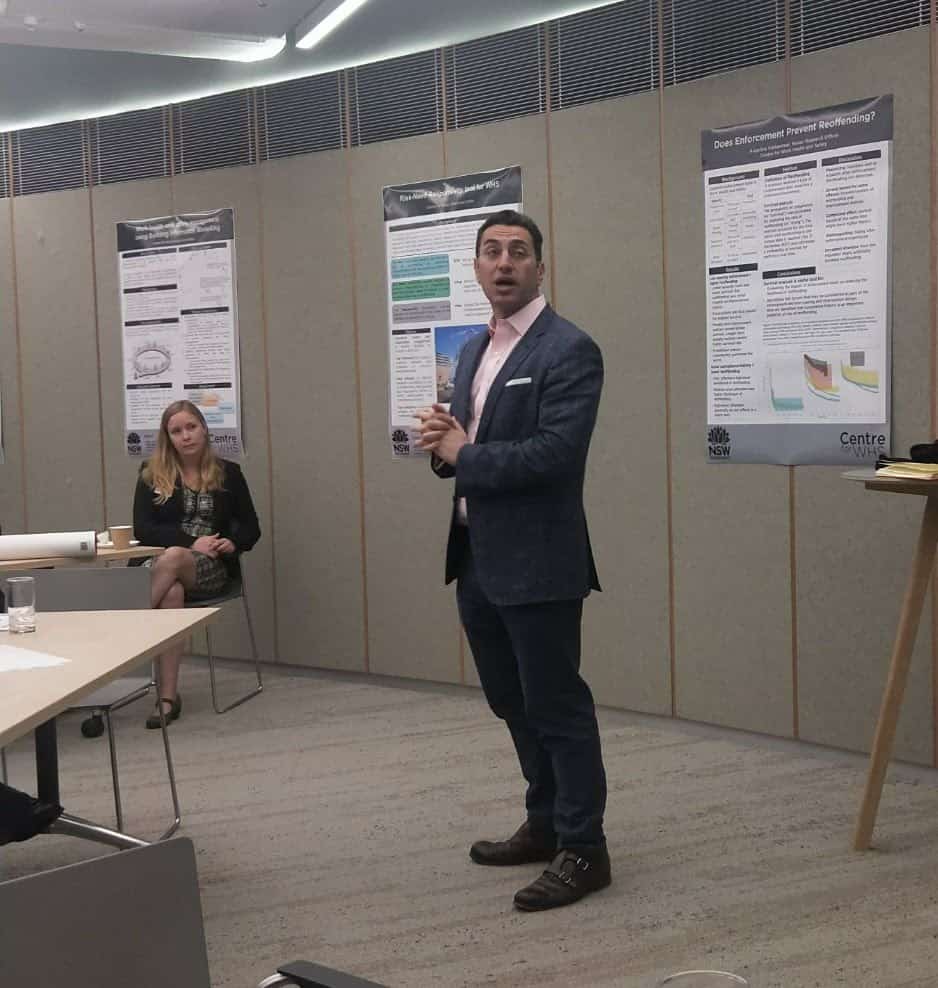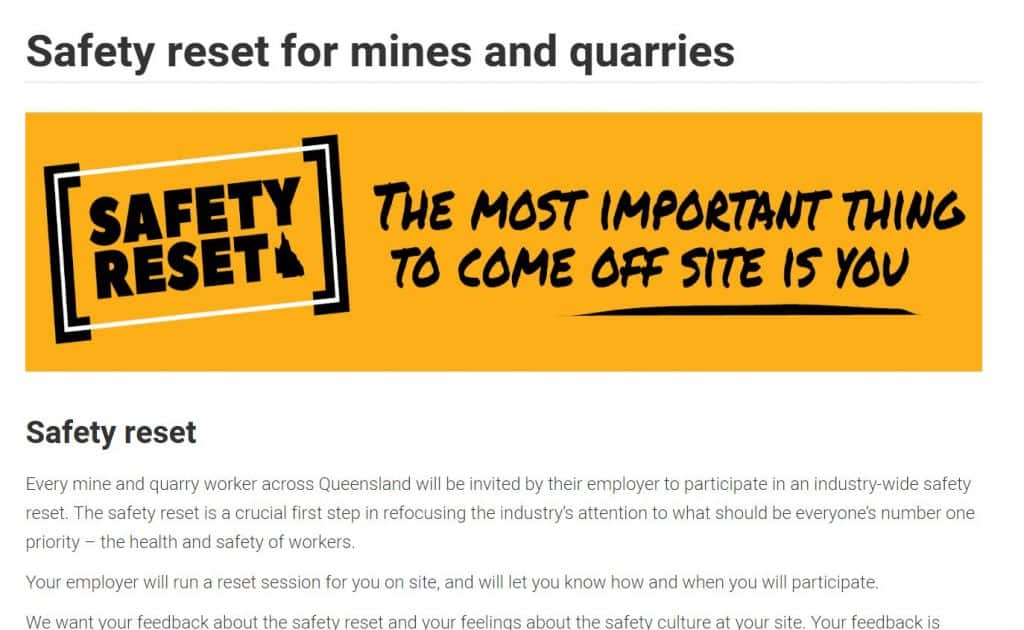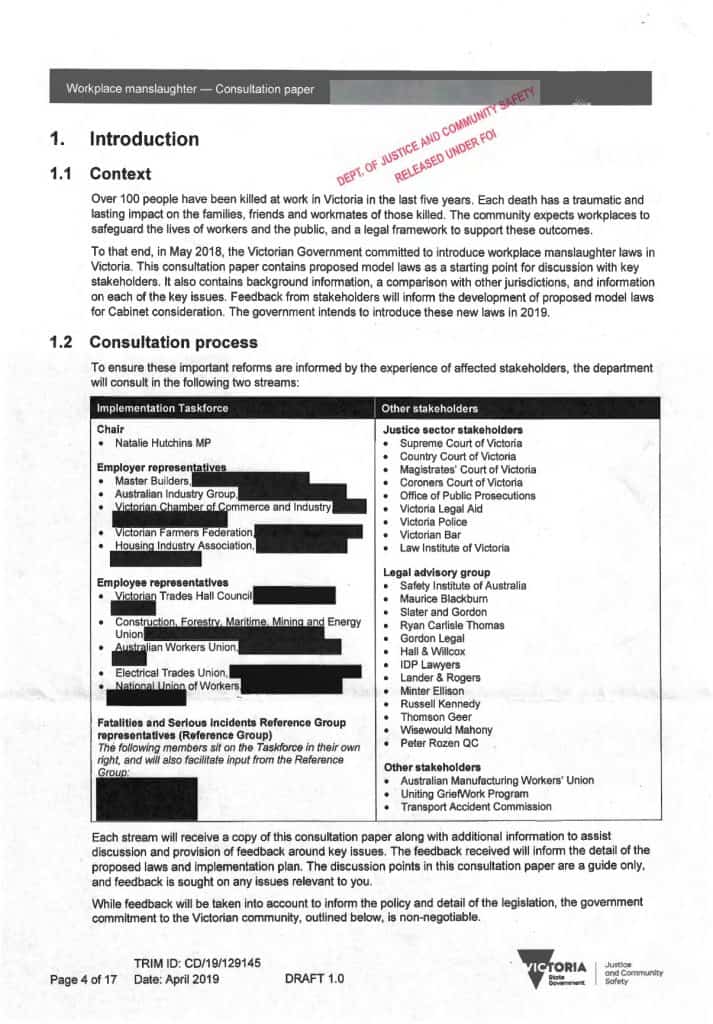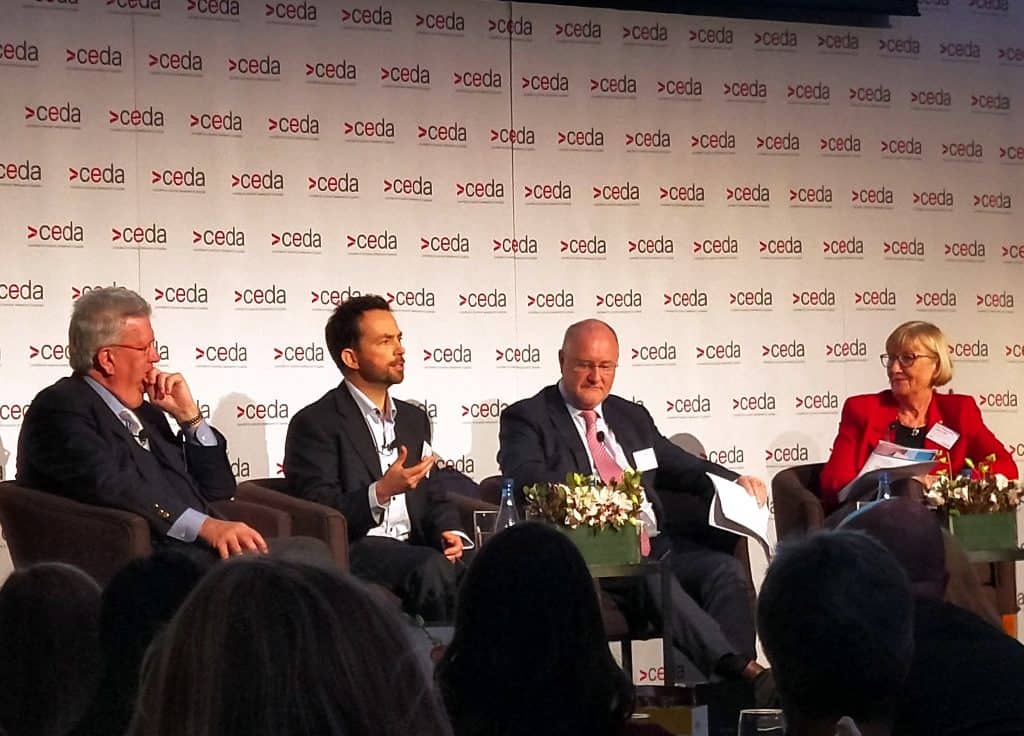
In August 2019, lawyer and author Michael Tooma (pictured right) was the keynote speaker at the 2019 National Work Health and Safety Colloquium ostensibly talking about his May 2019 presentation to the United Nations Industrial Development Organization (UNIDO). It was an important presentation of the paper he wrote is important. However, it was in the questions afterwards, on Industrial Manslaughter laws and accountability, where Tooma was most passionate and personal.






